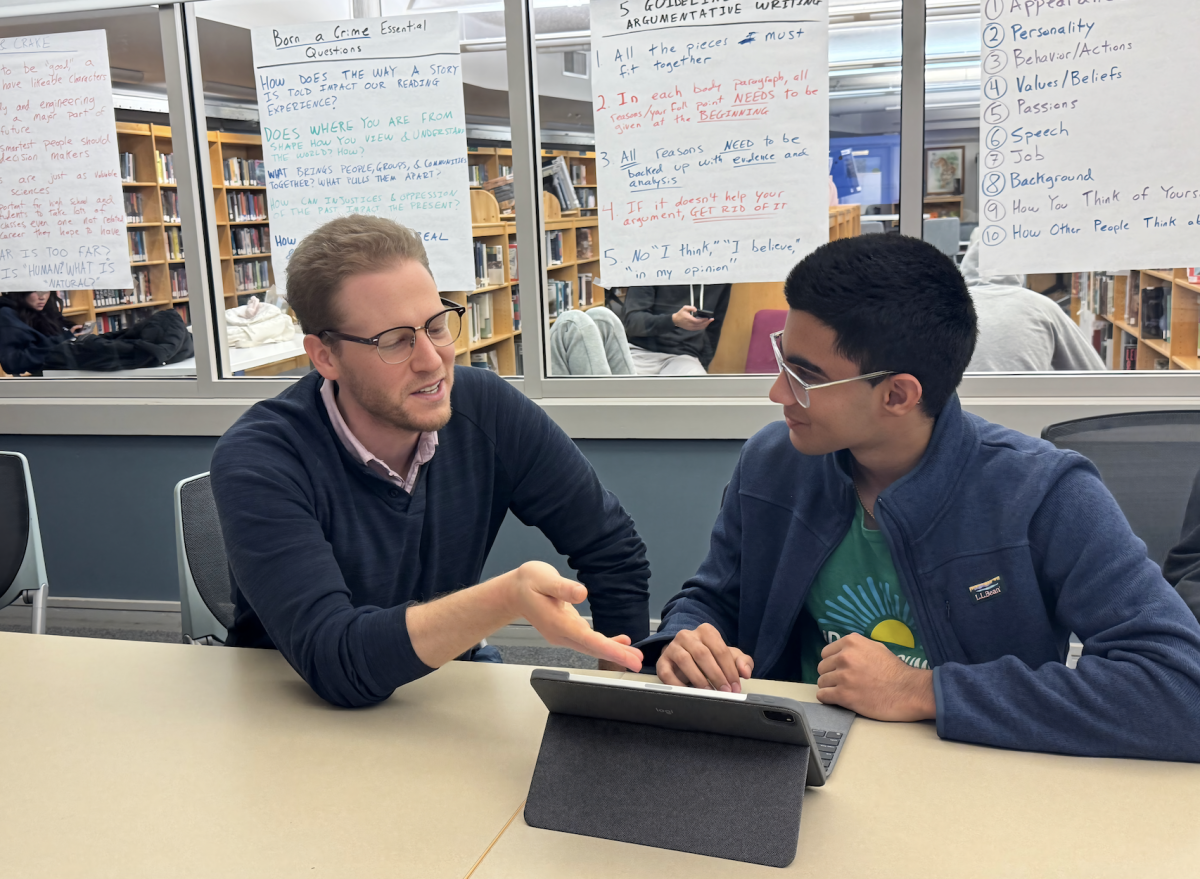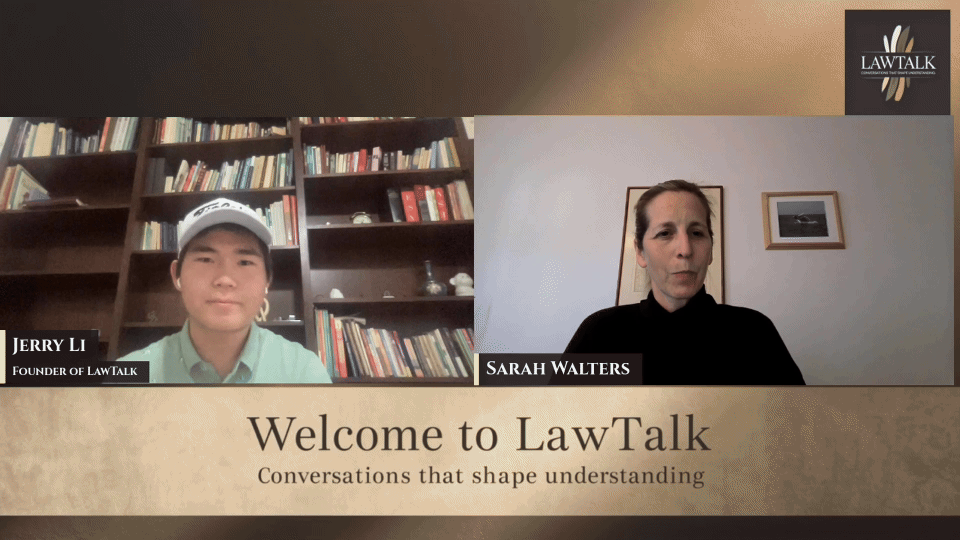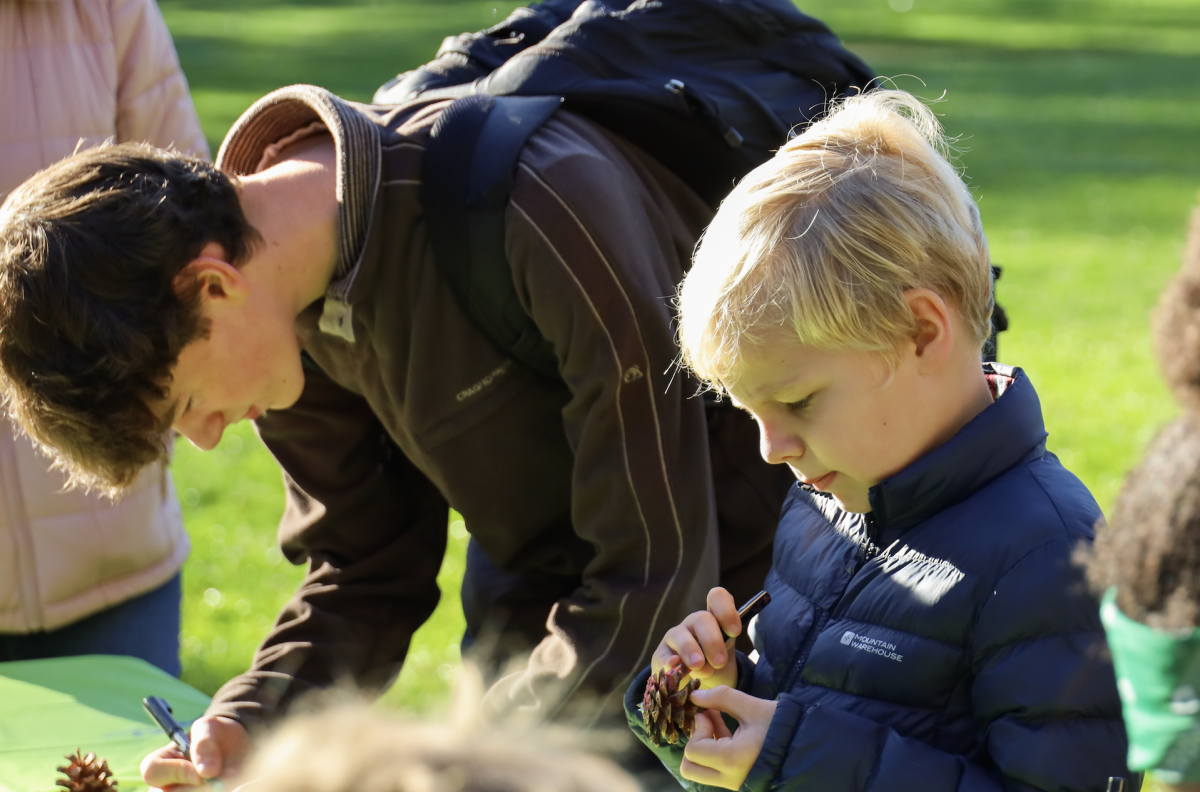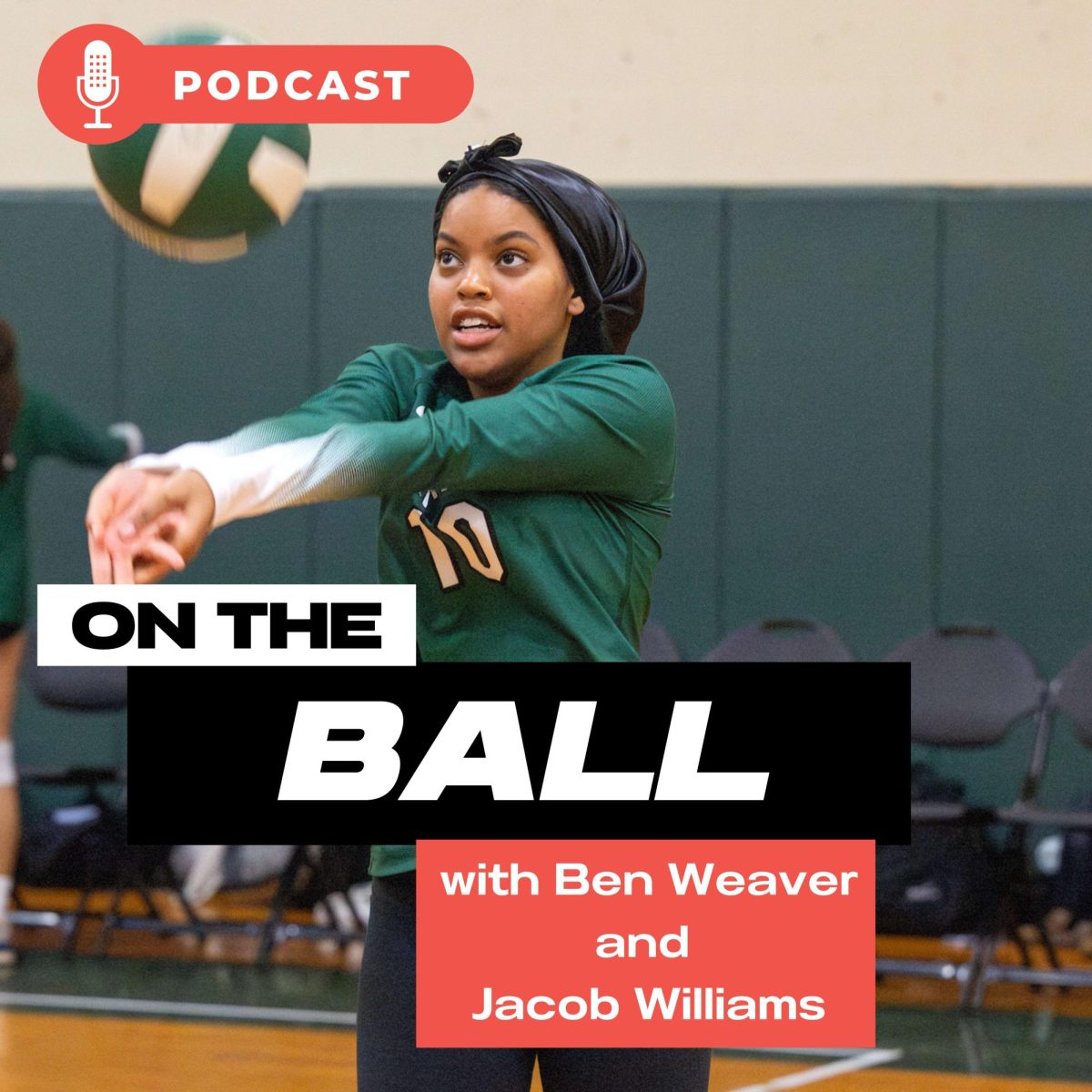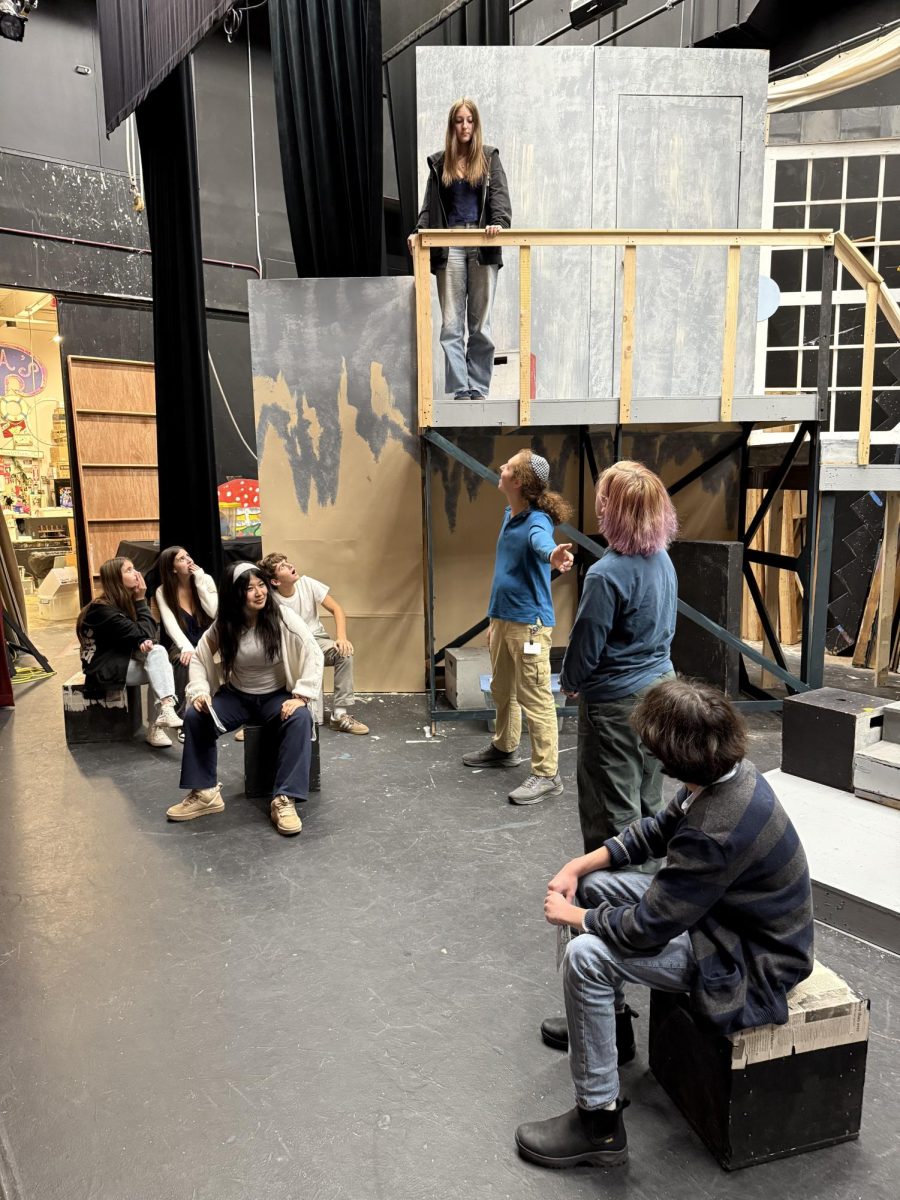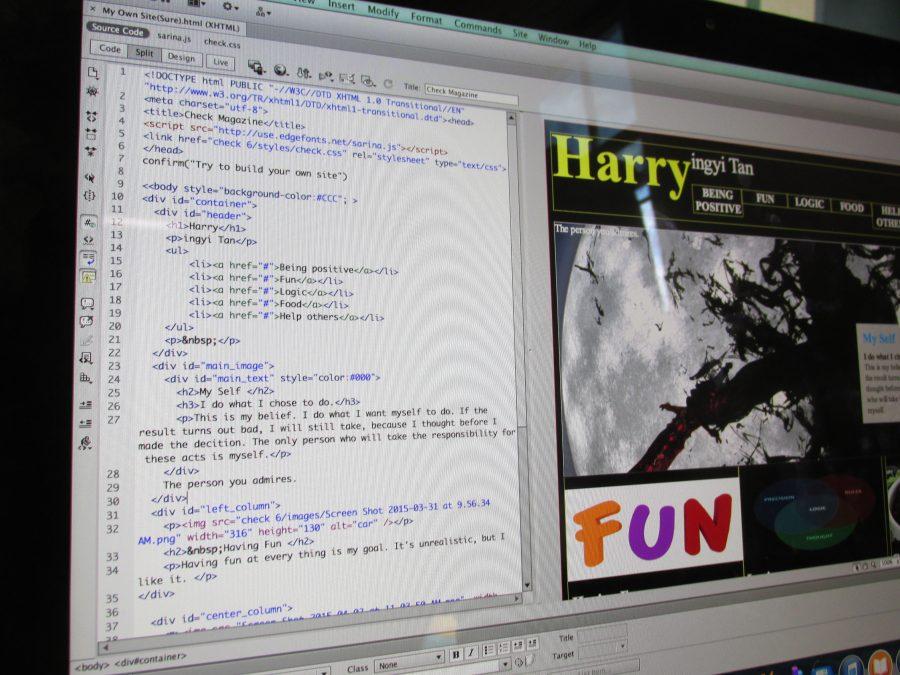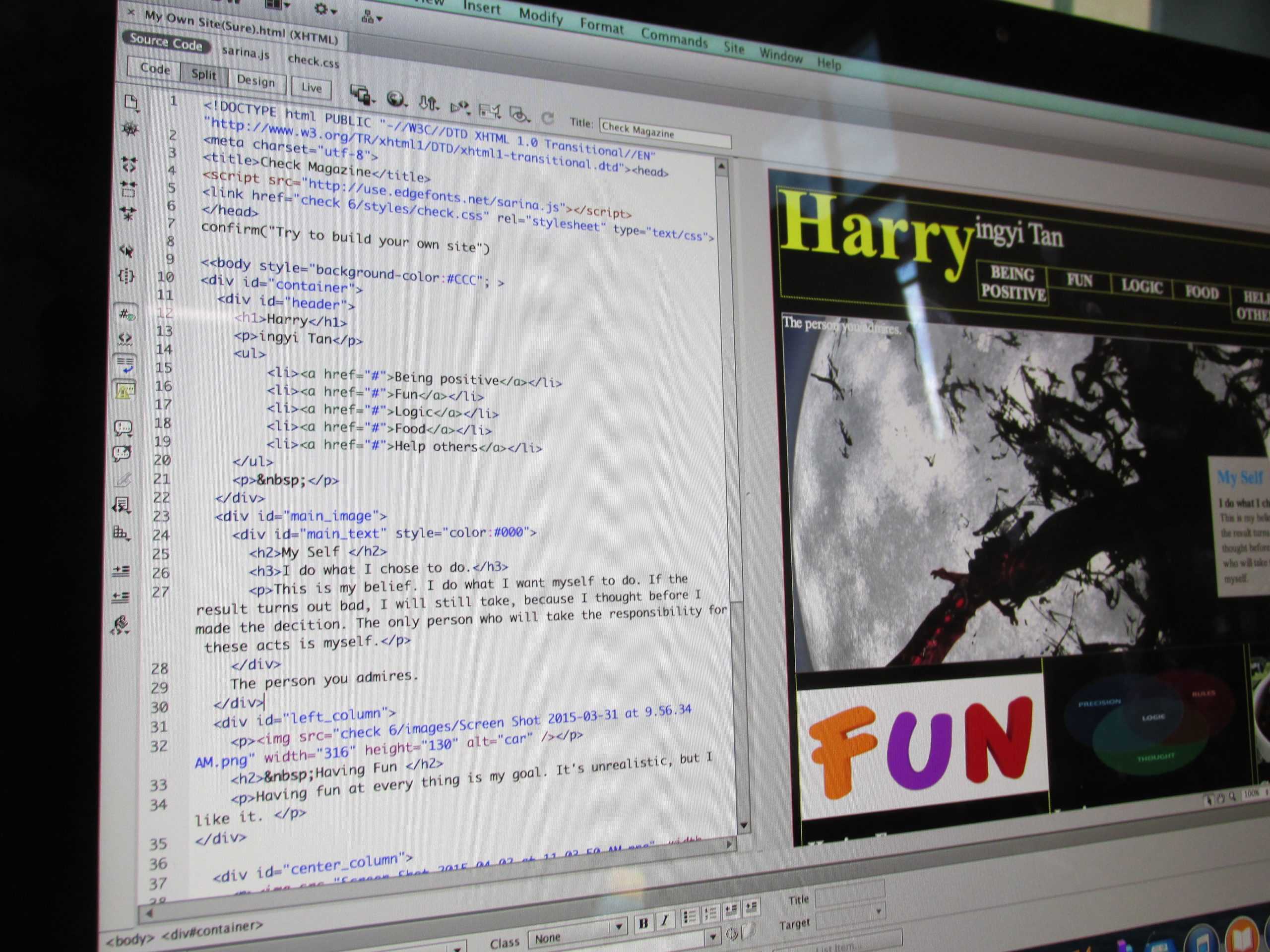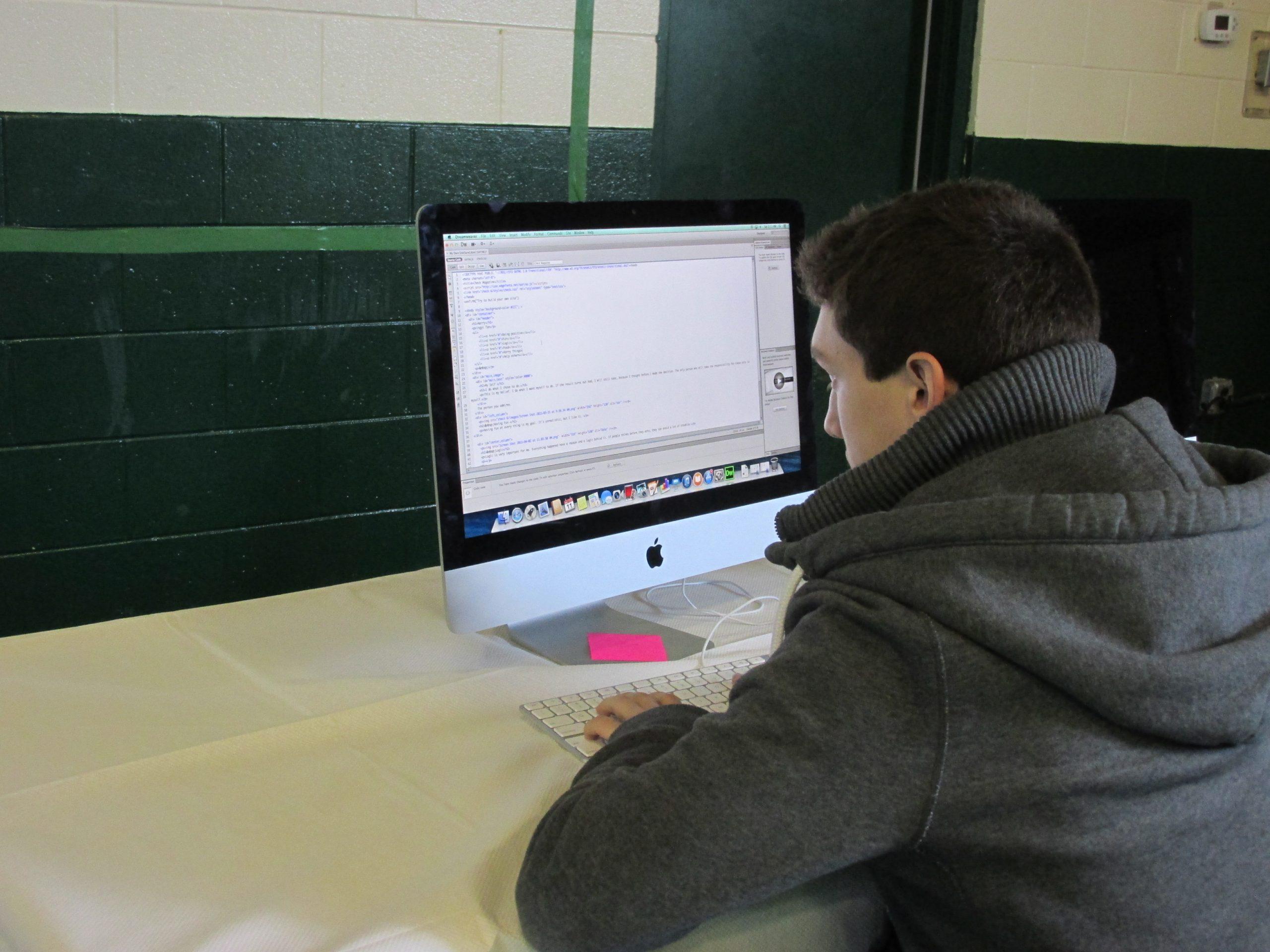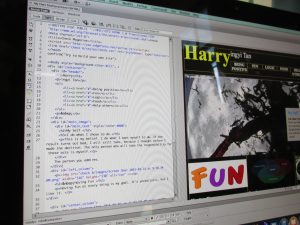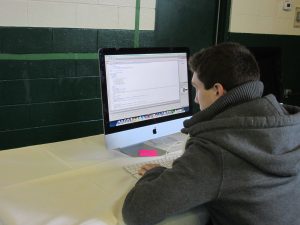News Editor Sam Ravina ’17 and Editor-in-Chief AJ Naddaff ’15 covered Saturday’s Brimmer and May Tech Expo. In this piece, they share an overview of the event.
With a bright green tarp on the gymnasium floor, we gathered for the annual Brimmer and May Tech Expo on Saturday with three goals in mind—to recruit prospective students, promote The Gator and cover the event.
We were greeted by Technology Coordinator Jason Bock, organizer of the Expo, who pointed us toward our booth.
Our setup consisted of two large Mac desktops which displayed The Gator’s homepage. A laptop also showed our site’s analytics; in just the last month, we have had views from over 20 countries, including the United States, Canada, Spain, Pakistan and Aruba.
As we explored other exhibitions—mostly computer programming and robotics— we were taken aback at the breadth of technological talent.
STEAM students were required to complete projects, but as Bock put it, “They went above and beyond.” As a first-year publication, we felt proud to showcase The Gator alongside such rich talent.
One of the most eye-catching stations belonged to STEAM enthusiast Kyle Anderson ’15, who built a sonar-based radar. “It detects the proximity and size of the objects around it, using this sensor to display data onto the screen. The military uses technology like this more than anyone,” he said.
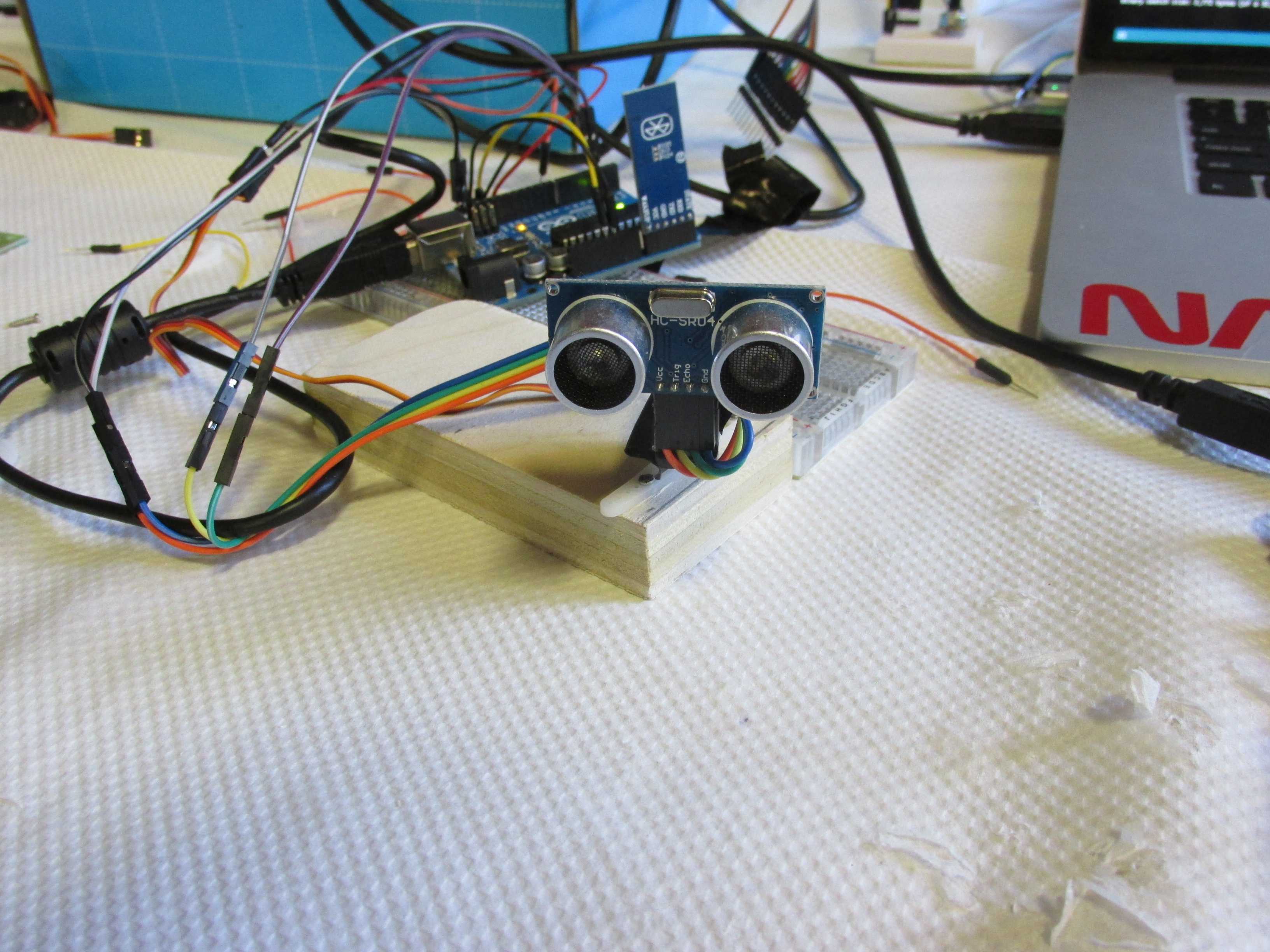
Oscar Portabales ’15, another STEAM student, displayed the coding he developed for a remote-controlled rover. “We worked with something called binary code—the computer only receives two signals,” he said. “It’s like a yes or no, compared to the traditional code system that incorporates many signals.”
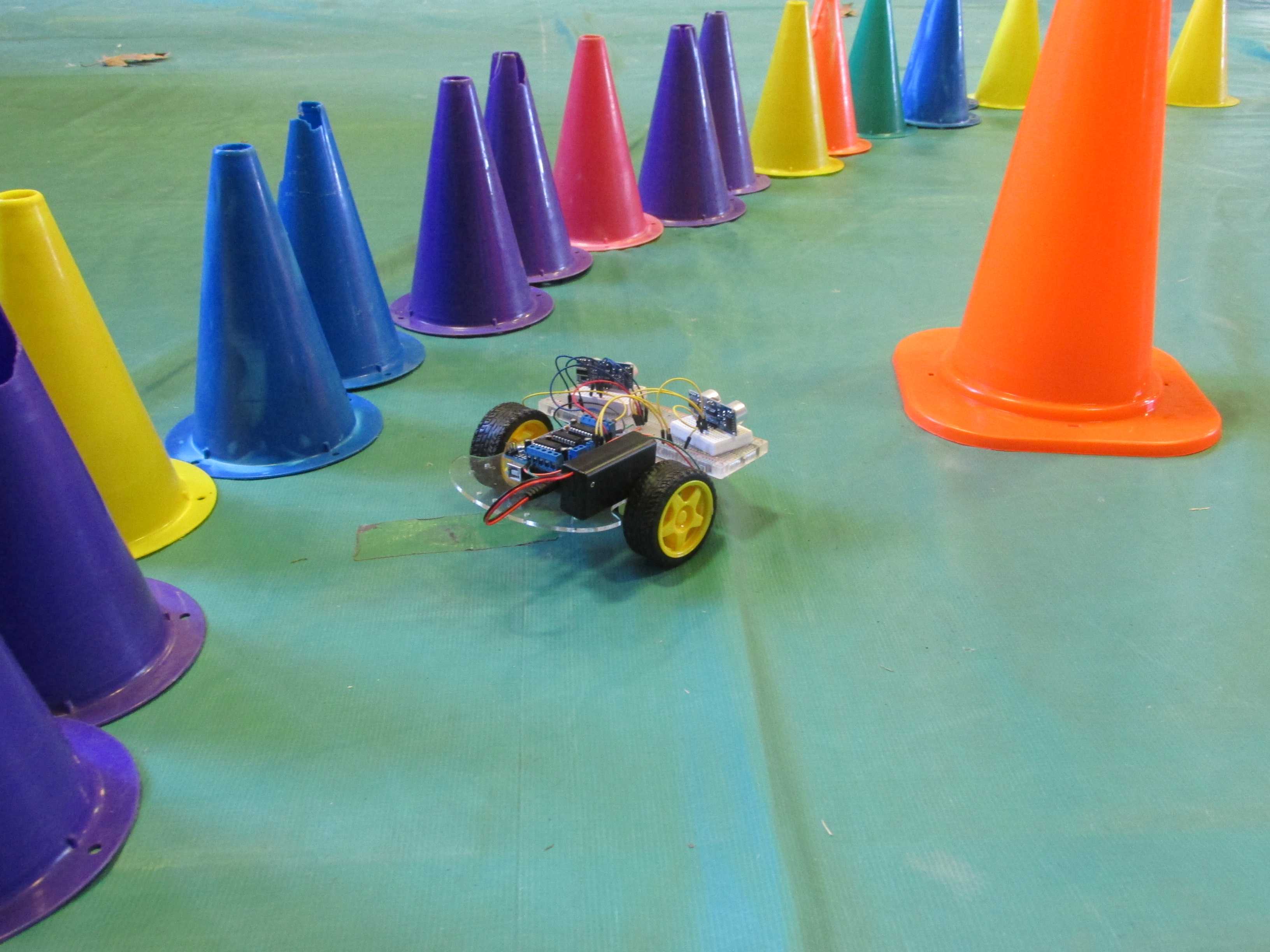
On the other side of the gym, Nate Friedman ’16 and Harry Tan ’18 taught visitors basic coding, while exhibiting their own creations. “We give anybody who comes here a chance to learn themselves,” Tan said.
“Right here,” Friedman said, pointing to a screen to his left, “is a simple list of basic coding functions. Knowing this helps people appreciate the more complicated STEAM projects.”
Back at our station we recruited several middle-schoolers, impressed by The Gator’s broad-ranging coverage. We highlighted how the elective resembles more of a real-life newsroom than a typical classroom, with students pursuing their individual interests and talents. We also distributed a frequently-asked-questions sheet.
Parents appeared equally intrigued, asking about the logistics of starting a website—and how we learned to appreciate the sometimes intimidating writing process.
“You don’t have to think of yourself as a good writer,” Ravina says. “If you’re willing to pursue your interests, you have a place on The Gator.
At the Expo, we appreciated the opportunity to recruit fresh talent—especially with six seniors graduating. We also plan to open a table for The Gator at curriculum night, set to occur Wednesday, May 13 at 5:00 p.m.

